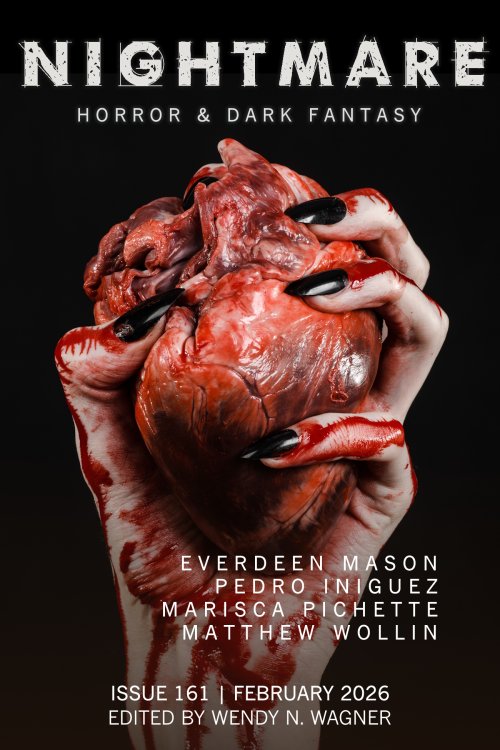Nonfiction
Book Reviews: April 2021
This month, Terence Taylor reviews two works that tap in our era’s mixed feelings about science: new novel Bela Lugosi’s Dead (by Robert Guffey) and the serialized story Spider King, by Justin C. Key. If you ever wanted to be a mad scientist, these reads are for you!








